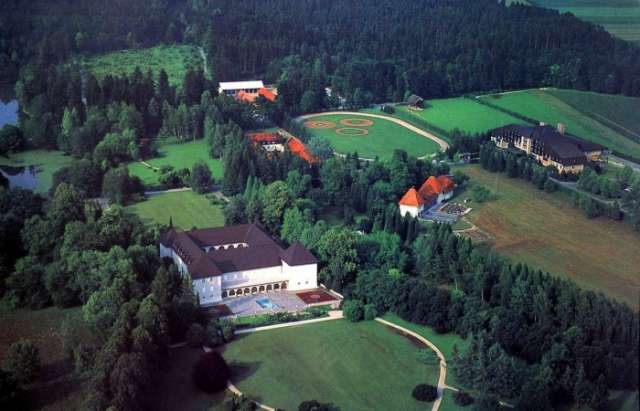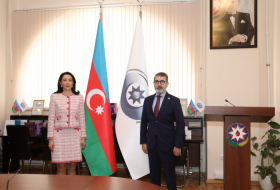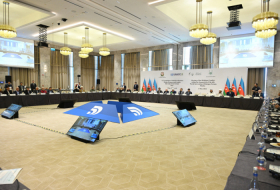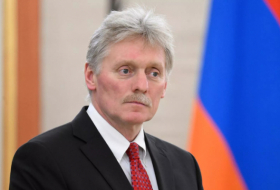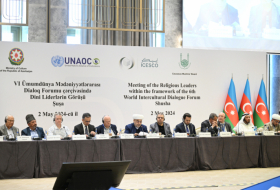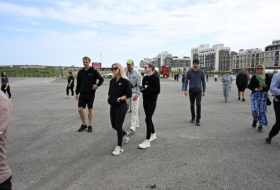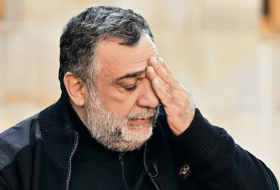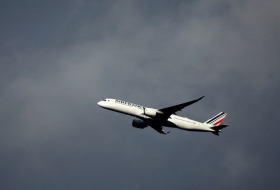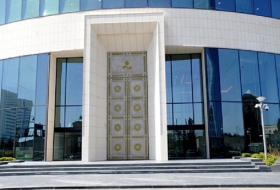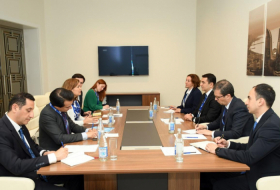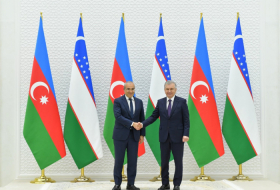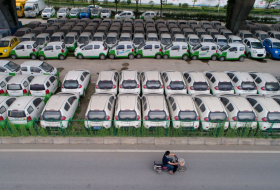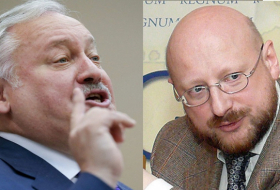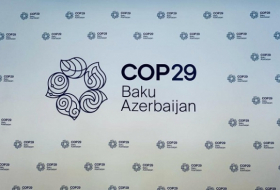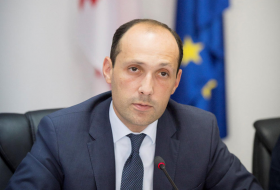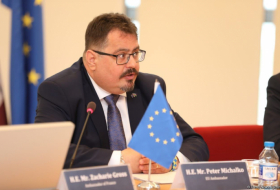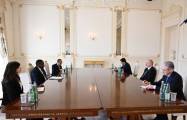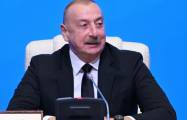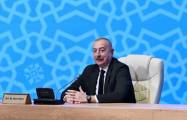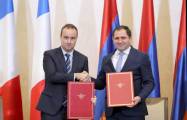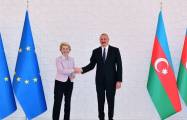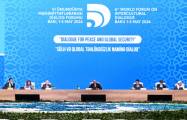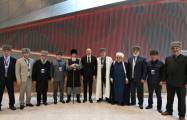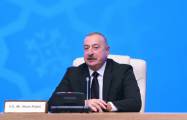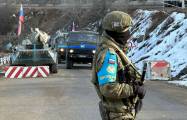“Everyone goes there,” 80-year-old Princess Elizabeth of Yugoslavia said during a recent interview. “Nobody knows the truth behind it.”
Princess Elizabeth and her late brother’s widow recently filed an application with the European Court of Human Rights in Strasbourg, France, seeking restitution of the 16th-century castle and the surrounding area.
The property was nationalized in the 1940s, when Slovenia was still part of Yugoslavia. It has since hosted high-profile international meetings, including a 2001 encounter where Mr. Bush, then the U.S. president, said he looked into the eyes of his Russian counterpart, Mr. Putin, and got “a sense of his soul.” Bill Clinton and Pope John Paul II were among other visitors.
The accession of Central and Eastern European countries like Slovenia to the Council of Europe after the fall of communism gave dispossessed royals in the region new recourse to restitution through the human-rights court. Svetozar Rajak, an associate professor at the London School of Economics and Political Science said a decision in favor of Princess Elizabeth and her sister-in-law could “open flood gates” to similar claims throughout the region.
Princess Elizabeth said she spent summers at Brdo when it was owned by her late father, Prince Paul, and wants it restored to her ownership. Other former property has been returned to Princess Elizabeth and her family. In 2013 she won back a villa in Belgrade, the former capital of Yugoslavia that is now Serbia’s capital.
Unlike the deal for the Belgrade properties, granted by a state eager to burnish its historical continuity with former Yugoslavia, the legal process has proved long and complicated to regain Brdo Castle from Slovenia, which fought Yugoslavian forces for its independence in 1991.
The bid for Brdo’s return first went to the European Court of Human Rights more than a decade ago, but was redirected to Slovenian courts. Elizabeth’s claim was rejected in a series of Slovenian judgments ending last year, leading the case back to Strasbourg. An initial application to the European court in January was rejected on procedural grounds. A follow-up was filed last month.
A spokesman for the European Court of Human Rights said there have been relatively few similar cases filed to date. He noted a 2002 judgment that awarded more than €13 million ($13.7 million) to the former King of Greece and his relatives, in compensation for confiscated estates.
Princess Elizabeth’s Zurich-based banker, Gerard Hofmann, estimates the Brdo property is worth about $300 million. A “symbolic $50 million” in compensation from Slovenia for his client and her sister-in-law would be appropriate, Mr. Hofmann said.
Peter Kos, the princess’s Slovenia-based lawyer, cited estimates for Brdo’s value closer to $65 million. He said Princess Elizabeth could pursue a claim to half that amount.
A spokeswoman for Slovenia’s Ministry of Foreign Affairs said the property has been renovated extensively over the years. She noted that the royal effort to reclaim the castle has failed consistently in Slovenian courts, and that there is no guarantee the Strasbourg court would take up the matter.
“Brdo Castle is of utmost importance for the Republic of Slovenia,” the spokeswoman said.
Princess Elizabeth’s father, Prince Paul, became prince regent after the assassination of King Alexander of Yugoslavia in 1934. He acquired Brdo in several transactions before World War II, while he and his family lived in Belgrade.
The family spent summers at Brdo. Princess Elizabeth said she remembers looking through a castle window at boats illuminated by candlelight to celebrate her older brother’s birthday, and recalled having a pair of deer on the property named Hansel and Gretel.
Princess Elizabeth’s father tried to shield Yugoslavia from Nazi Germany, she said, but was ultimately ousted by Yugoslav military officers with British support. A March 1941 coup left the family just a few hours to pack and leave the country.
“Everyone was running around the house, panicking,” she recalled.
The family went to Africa, and later Paris. Elizabeth married an American businessman in New York. Two more marriages followed.
Princess Elizabeth and her family were stripped of citizenship by Yugoslavia’s communist government in 1947. Their property, including Brdo Castle, was nationalized and used as a part-time resident by President Josip Broz Tito. After civil wars fractured Yugoslavia, Princess Elizabeth returned in 2001 to live in Belgrade, then still the capital of the remnant Federal Republic of Yugoslavia.
During communism, many people in Yugoslavia learned of the royal family only by watching broadcasts of the 1980s U.S. TV drama “Dynasty,” in which Princess Elizabeth’s daughter, the actress Catherine Oxenberg, played Amanda Carrington. In 2004, Princess Elizabeth ran for president of Serbia, enlisting her widely recognized daughter to campaign for her. She came in sixth.
Princess Elizabeth said Brdo Castle represents a chance for her to restore part of an old life that was taken away.
“It’s all a matter of justice,” she said. “Putting your head in the sand and pretending you haven’t stolen something is wrong.”
/WSJ/
More about: #BrdoCastle








